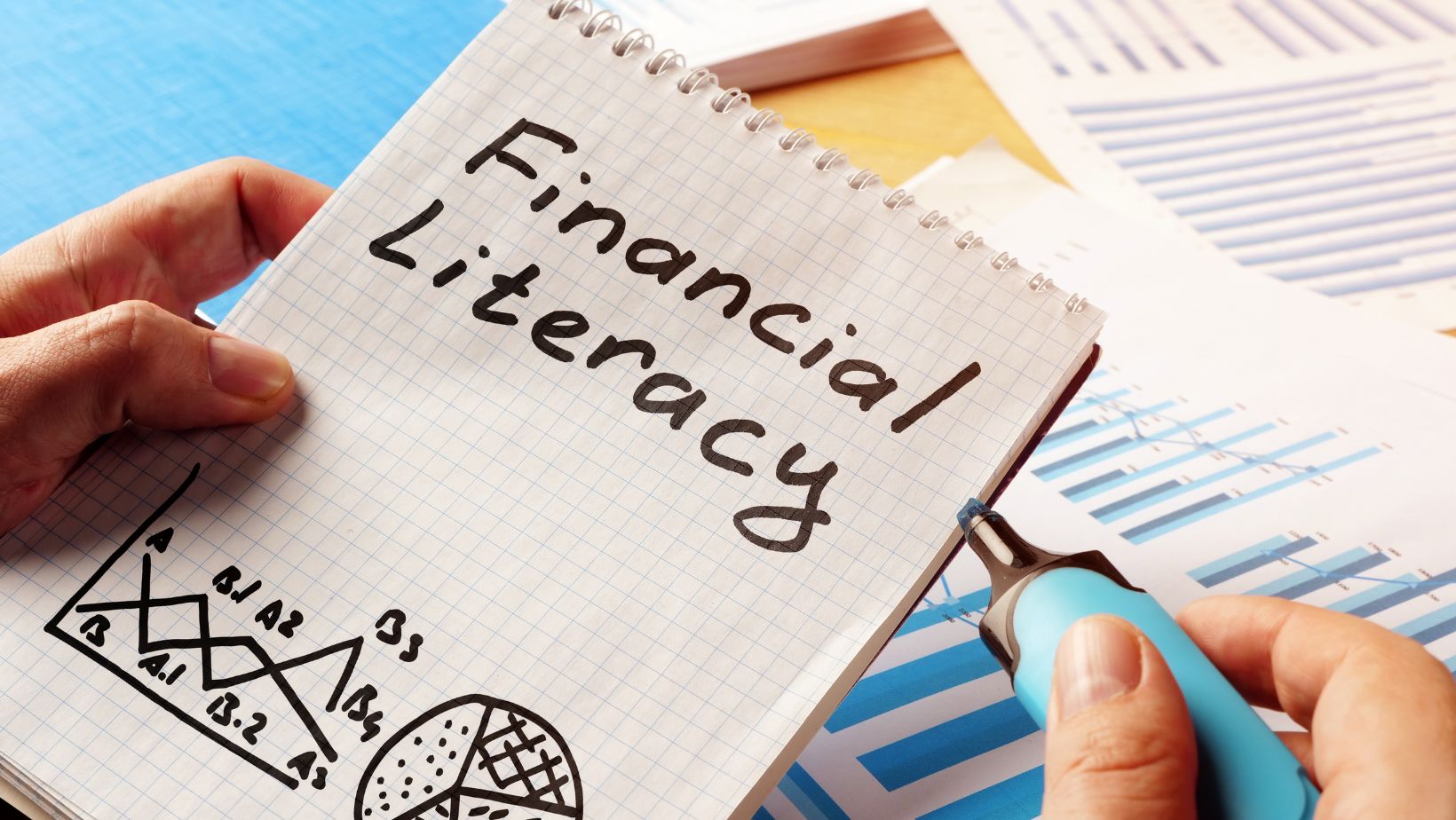
In Singapore, where the cost of living is high, young adults face unique financial challenges. From managing student loans to planning for retirement, the need for financial literacy has never been more pressing. By equipping ourselves with the right knowledge and tools, we can make smarter financial choices and pave the way for a prosperous future. Let’s delve into the essentials of financial literacy and explore how young adults in Singapore can take control of their financial destinies.
Understanding Financial Literacy
Financial literacy encompasses the skills and knowledge that enable individuals to make informed financial decisions. In Singapore, with its dynamic economy, young adults often face challenges like managing monthly budgets and understanding complex financial products. Mastering these skills is crucial for effective money management.
Key elements of financial literacy include budgeting and saving. Budgeting helps track income and expenditure, ensuring that expenses don’t exceed income. By setting clear financial goals, young adults can prioritize spending and identify areas to save online platforms and apps that can help.
Saving goes hand in hand with budgeting. Establishing an emergency fund provides a safety net for unexpected expenses. This fund should ideally cover three to six months of living expenses to mitigate financial shocks.
Investing is another critical aspect. Though it might seem daunting, young adults benefit from starting early due to the power of compound interest. Basic investment knowledge includes understanding different asset classes like stocks and bonds, helping diversify investment portfolios.
Online platforms and apps offer valuable tools for enhancing financial literacy. In Singapore, apps like Seedly and MoneyOwl provide resources for budgeting and investing. They offer insights, promote savings habits, and help users track financial goals. These tools serve as vital resources for those seeking to improve their financial literacy.
The Importance of Financial Literacy for Young Adults
Financial literacy empowers young adults in Singapore to manage money wisely in an ever-evolving economic landscape.

Acquiring these skills early equips individuals to build a stable financial future amidst high living costs.
Building a Solid Financial Foundation
Establishing a firm financial base involves understanding key concepts like budgeting and investing. Young adults should allocate income thoughtfully across necessities such as housing, food, and transport. Regular saving fosters an emergency fund that can alleviate financial stress during unexpected events. Investing early, even with minimal funds, can harness the power of compound interest—an essential step to becoming financially literate. Online platforms like Seedly offer insights into personal finance management, enhancing overall financial literacy.
Avoiding Common Financial Pitfalls
Several avoidable traps can hinder financial growth among young adults. Accumulating high-interest debt from credit cards or loans can lead to long-term financial strain. Prioritizing wants over needs in spending decisions can also disrupt budgets. Young adults must avoid over-relying on borrowed funds to finance lifestyles beyond their means. Utilizing apps like MoneyOwl helps in tracking expenses and setting financial goals, ensuring prudent money management. Remaining aware of these pitfalls encourages better financial decisions.
Current State of Financial Literacy in Singapore
Singapore’s financial literacy among young adults is gaining attention, influenced by initiatives aiming to enhance money management skills. Despite progress, gaps remain that need addressing.
Education Initiatives and Programs
The Singaporean government actively promotes financial literacy through various educational initiatives. The National Institute of Education (NIE) integrates financial literacy modules into school curricula, laying foundational knowledge early.

The Monetary Authority of Singapore (MAS) partners with financial agencies to run workshops that focus on practical budgeting and investing skills win real money Singapore. Several financial institutions support these efforts with programs targeting young adults, emphasizing real-world applications of financial concepts.
Areas for Improvement
While initiatives exist, Singapore faces challenges in fully bridging the financial literacy gap. There’s a need for more targeted outreach to young adults who may lack basic financial understanding despite existing resources. Programs must adapt to technological trends, ensuring young adults learn using modern tools and apps. Enhancing engagement through gamifying financial learning could address interest disparities. Schools and institutions should strive for consistent financial education across all levels, ensuring comprehensive literacy development.















